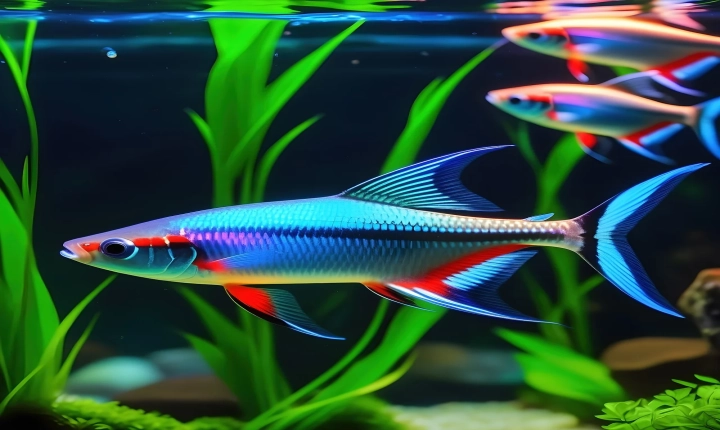Title: The Role of AI in Spartan Training: Do All Spartans Have AI?
From the legendary warriors of ancient Greece to the superhuman soldiers of the 26th century, the term “Spartan” is synonymous with elite combat prowess and unyielding discipline. In the fictional universe of Halo, the iconic Spartan soldiers are outfitted with state-of-the-art technology, including advanced AI companions that enhance their abilities and augment their decision-making processes. But do all Spartans have AI, and if so, what role do these artificial intelligences play in their training and combat operations?
To answer this question, we must first understand the nature of the Spartan program and its evolution over time. The Spartan program, initially conceived as a means to create elite supersoldiers to combat insurrectionists and alien threats, eventually expanded to encompass multiple generations of Spartans, each with their own unique training, augmentations, and equipment.
One of the most notable aspects of the Spartan program is the integration of advanced AI technology into the soldiers’ neural interfaces. These AI constructs, known as “smart” AIs, possess advanced computational abilities, tactical acumen, and personality traits that can greatly benefit their Spartan counterparts in the field. However, the availability of AI companions varies among the different generations of Spartans.
The first generation of Spartans, known as the Spartan-IIs, were among the first to be paired with AI companions. These AI constructs, such as Cortana, served as invaluable assets to the Spartan-IIs, providing critical real-time information, strategic analysis, and even emotional support during their harrowing missions. The relationship between a Spartan-II and their AI partner was often depicted as a symbiotic bond, with both parties relying on each other’s unique strengths to achieve their objectives.
In contrast, the subsequent generations of Spartans, including the Spartan-IIIs and the Spartan-IVs, did not universally possess AI companions. While some members of these later generations were indeed paired with AI constructs, the majority operated without this critical support system. This difference in AI integration reflects the evolving nature of the Spartan program and the varied resources available to different generations of Spartans.
The decision to equip a Spartan with an AI companion often depends on mission requirements, resource availability, and the individual Spartan’s specialization. Spartans engaged in high-risk, complex operations may be more likely to be assigned AI support, while those undertaking more straightforward assignments may rely solely on their own expertise and training. Additionally, the development of AI technology and the scarcity of suitable candidates for AI pairing have also influenced the distribution of AI companions among Spartans.
Regardless of whether they are paired with AI, all Spartans undergo rigorous training and conditioning to become formidable warriors. From physical augmentation to psychological resilience, the Spartan program instills in its soldiers the skills and mindset necessary to confront the most formidable adversaries in the galaxy. For those Spartans fortunate enough to have AI companions, the bond between human and machine further amplifies their capabilities and resilience, creating a formidable force to be reckoned with on the battlefield.
In conclusion, while not all Spartans have AI companions, the integration of advanced AI technology has undoubtedly played a pivotal role in shaping the capabilities and effectiveness of these renowned warriors. From the earliest generations to the present day, the relationship between Spartans and their AI partners has been a defining aspect of the Halo universe, illustrating the profound impact of technology on the evolution of warfare and the indomitable spirit of the Spartan warriors.
